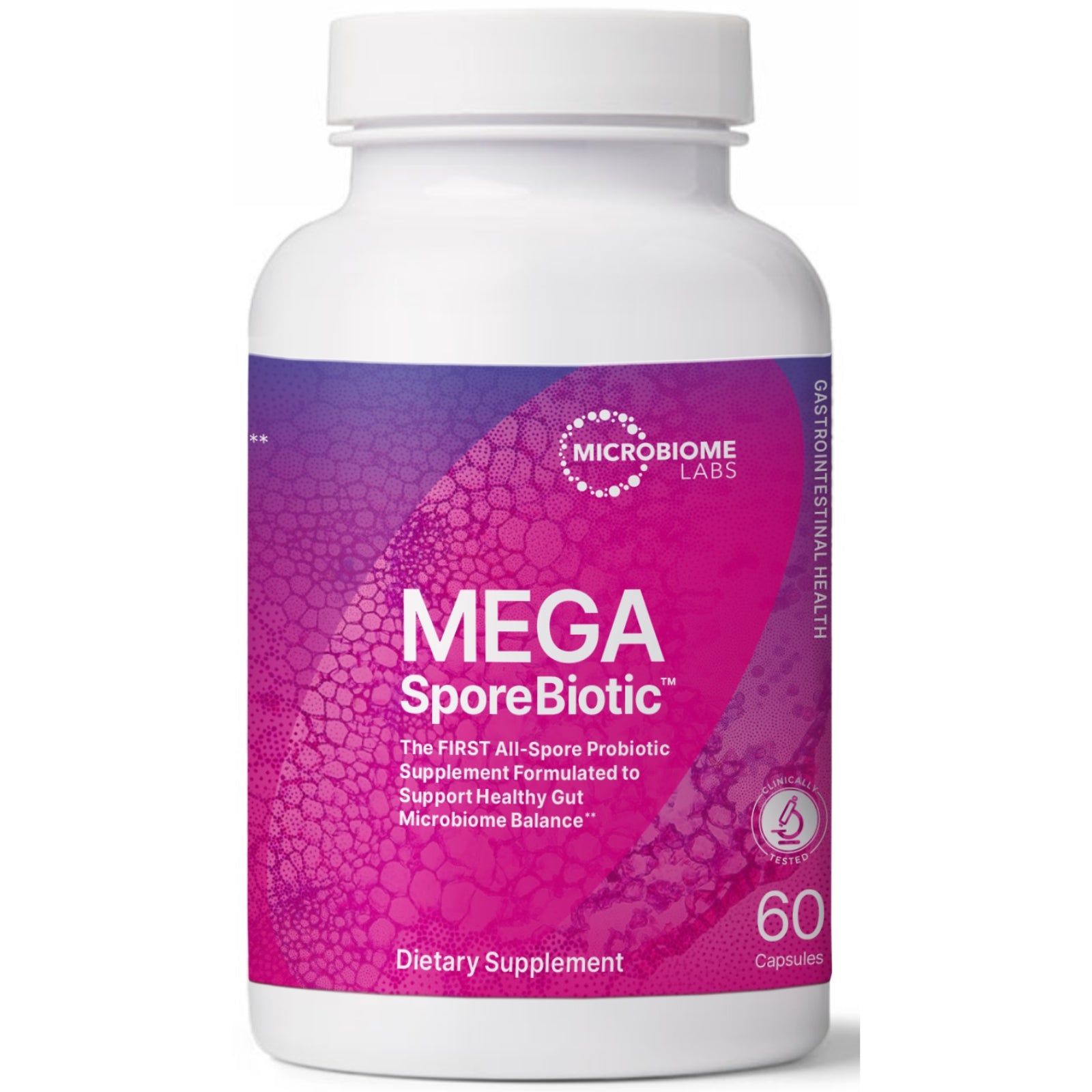Did you know that omega-3 fatty acids are the ultimate brain food. The key is to find ways to ensure that patients are getting enough.

When it comes to omega-3 essential fatty acids, the human brain is like a sponge. These healthy fats are abundant in the cellular membranes of brain cells and help support brain cell formation and activity. By binding to brain cell membranes, these fats can help encourage fluidity, which is vital to healthy brain function. Omega-3s, specifically eicosapentaenoic acid (EPA) and docosahexaenoic acid (DHA), also help support neurotransmitter receptors and brain cell-to-cell communication. They contribute to a healthy inflammatory response in the brain as well. It’s obvious that omega-3 fatty acids really are the ultimate brain food. The key is to find ways to ensure that patients are getting enough.
To get optimal amounts of these fats in the diet, patients need to eat fatty fish like mackerel, salmon, sardines and herring several times a week. While eating fish seems to be a great dietary strategy, there is some concern about toxins found in the large fatty fish (like tuna) that contain these essential omega-3s.
Other food sources include seeds like flax and chia, as well as walnuts and soybeans. These plant sources contain the essential fatty acid alpha-linolenic acid (ALA) in their oils, which the body converts into eicosapentaenoic acid (EPA), and docosahexaenoic acid (DHA). However, only about 10-20% of the ALA is converted to actual omega 3 EPA/DHA so you have to consume at least 4x to 8x as much (4g to 8g) to receive 1gm-2gm of omega 3.
Meat from grass-fed animals, eggs from pastured chickens and some vegetables like spinach and Brussel’s sprouts also contain some omega-3s. Unfortunately, there is significant evidence indicating that most American diets are still quite low in these essential fatty acids. That’s why supplementing is so beneficial.
Recommending a high-quality fish oil supplement has become foundational advice for most healthcare professionals. Even patients who have a fairly healthy diet may still not be getting the amount of omega-3 essential fatty acids that they need to truly support brain function throughout their lifespan. And it’s not just the brain that will benefit. In addition to brain function, omega-3 fatty acids can help support:
When it comes to omega-3 research, in addition to studies showing benefit from dietary essential fatty acids, there is an increasing amount of data showing benefit from dietary supplements. The recommended amount of fish oil to take on a daily basis can vary based on the preference of the practitioner and the health goal of the patient. A good range seems to be 1800-2200 mg of EPA/DHA omega 3 daily and more if higher doses are required. Because not all fish oils supplements are created equal, it’s vitally important to purchase from a trusted manufacturer who focuses heavily on quality and purity.

